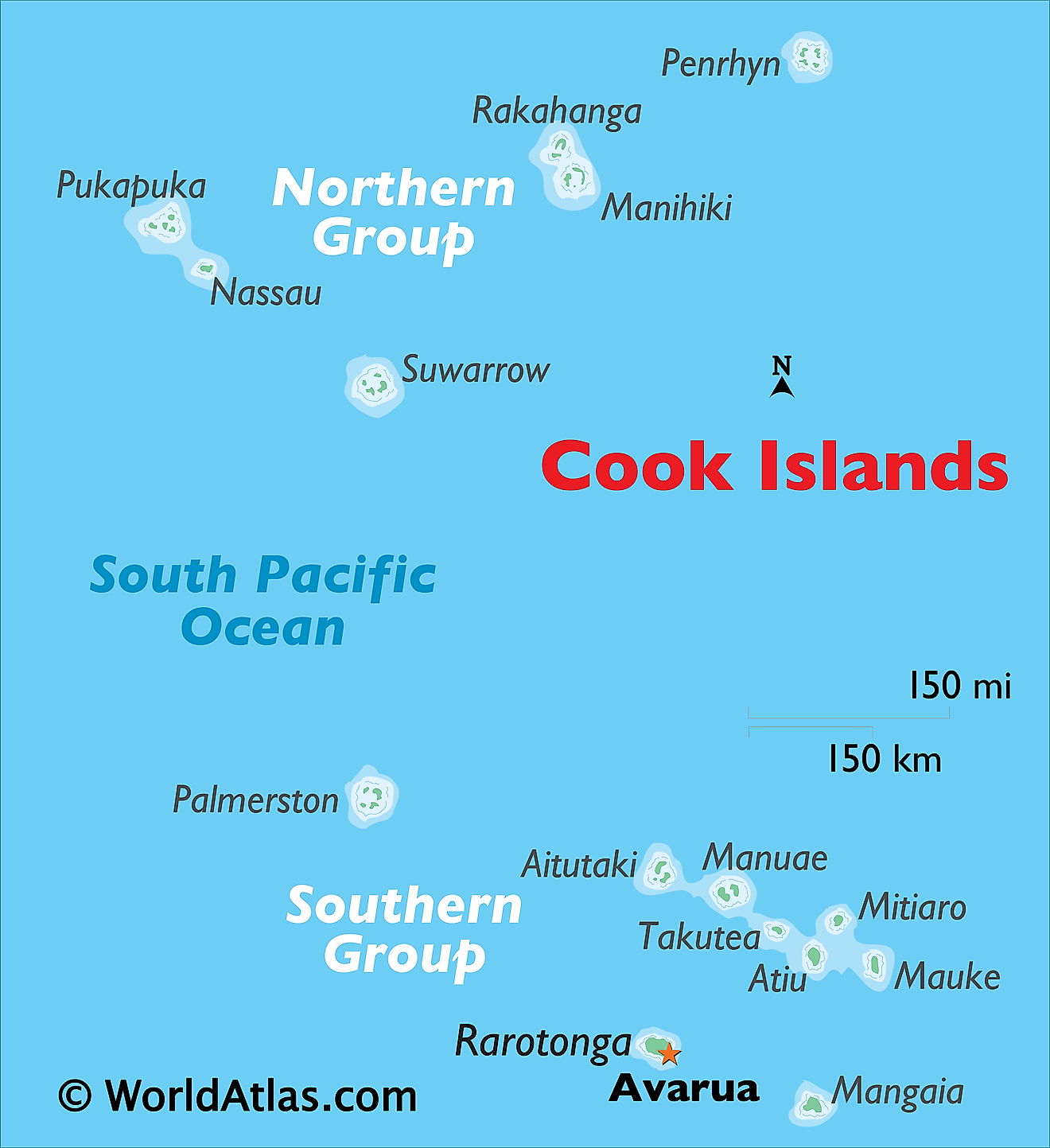by Martin Haffner Associate Editor
Rarotonga, Cook Islands – A recent deal between the Cook Islands government and China has sparked widespread protest and ignited a fierce debate regarding the nation’s sovereignty, economic future, and delicate geopolitical balance. The agreement, details of which remain largely undisclosed, has fueled concerns amongst citizens and opposition leaders who fear deepening dependency on China and potential erosion of their independence.
The Cook Islands, a self-governing island nation in free association with New Zealand, is facing a complex set of challenges. Its economy, heavily reliant on tourism, has suffered significantly due to the COVID-19 pandemic and subsequent border closures. In this climate of economic vulnerability, the allure of Chinese investment and development projects has become increasingly appealing to some within the government.
However, the recent deal, which reportedly involves significant financial and infrastructural commitments from China, has raised a series of red flags. Critics point to the lack of transparency surrounding the agreement, arguing that the public has not been adequately informed about the terms and conditions. Concerns also revolve around the potential for detrimental environmental impacts from large-scale development projects, and the risk of over-reliance on Chinese financing and expertise.
“We are deeply concerned about the implications of this deal,” stated a spokesperson for the Cook Islands Independence Party, one of the main opposition groups. “We fear it could lead to a debt trap, giving China undue influence over our economy and our future. The government needs to be transparent and accountable to the people, providing full details of this agreement and its potential consequences.”
Protests have been taking place across the islands, with demonstrators expressing their anxieties about the potential loss of sovereignty and the impact on the Cook Islands’ unique cultural identity. Many protestors carry signs with slogans such as “Keep the Cook Islands Free” and “No to Chinese Debt.” Social media is also buzzing with discussion, with concerned citizens sharing information, organizing demonstrations, and voicing their demands for greater transparency.
The government, in response to the growing criticism, has attempted to reassure the public. Prime Minister Mark Brown has stated that the deal is in the best interest of the Cook Islands, promising sustainable development and economic benefits. He has also emphasized that the agreement will not compromise the nation’s sovereignty and that the Cook Islands remains committed to maintaining its strong ties with New Zealand and other international partners.
However, these assurances have failed to quell the rising tide of opposition. Critics point to the experiences of other Pacific Island nations, such as Fiji and Tonga, who have become heavily indebted to China through infrastructure projects. They warn that the Cook Islands risks falling into a similar situation, with potential implications for its foreign policy and its ability to chart its own course.
The deal also raises geopolitical questions. The Pacific region is currently witnessing increased competition between China and the United States, with both powers vying for influence. Some analysts believe that this deal is a strategic move by China to further its presence in the region. The Cook Islands, strategically located in the South Pacific, could become an important piece in this complex geopolitical game.
The debate over the Cook Islands’ China deal is likely to continue, with growing public pressure for transparency and accountability. The outcome of this situation will have significant implications for the future of the Cook Islands, shaping its economic development, its relationship with China, and its place in the broader geopolitical landscape of the Pacific. The stakes are high, and the nation’s future is being actively debated and fought for by its people.



